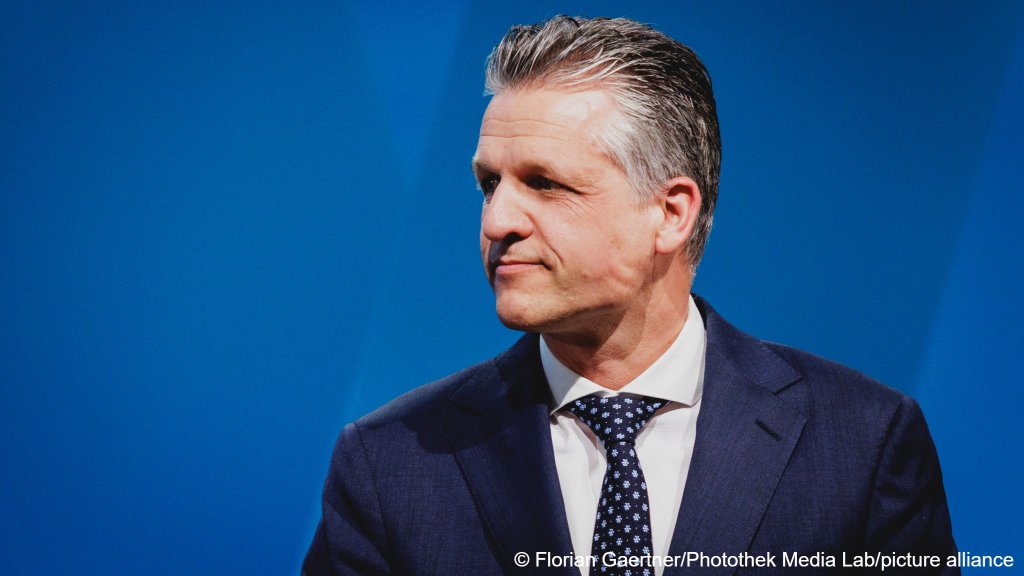Germany's incoming government under Friedrich Merz plans to enforce stricter border controls and limit asylum applications starting May 6. A central argument of the new government is that asylum seekers should apply for protection in the first EU country they enter, "that is almost never Germany."
Germany’s incoming government, led by future Chancellor Friedrich Merz, will implement stricter migration and border policies starting May 6, according to Thorsten Frei (CDU), the future chancellery minister. Measures include intensified identity checks at German borders and the immediate rejection of individuals attempting to enter the country irregularly.
"Anyone attempting to enter Germany illegally must expect to be stopped at the border from May 6," Frei told the Funke Mediengruppe. Refoulement -- the practice of turning migrants away at the border -- is also planned as part of efforts to curb irregular migration quickly and more effectively.
Read AlsoGermany suspends Afghan admissions program flights for two weeks

Germany is 'almost never' the first country of entry for asylum seekers
A central argument of the new policy is alignment with existing EU law, which requires asylum seekers to apply for protection in the first EU country they enter.
"No one can apply for asylum in the country of their choice," Frei said. "According to European law, this must happen where someone enters the European Union for the first time. That is almost never Germany," he emphasized.
The CDU/CSU and SPD coalition agreement includes provisions to continue border controls and coordinate migrant returns with neighbouring countries such as France, Austria, and Poland. Frei stated that Germany has already received "a great deal of approval" from these partners for the planned policy shift.
Border rejections 'counterproductive'
Despite coalition agreement approval by SPD members, the stricter migration stance has sparked internal SPD opposition. Aziz Bozkurt, chair of the SPD’s Working Group on Migration and Diversity, criticized the planned border rejections as potentially unlawful and counterproductive.
"If I really want to keep right-wing extremists down, then I have to solve the real problems, and that's not happening," said Bozkurt.
Those problems include, for example, a lack of specialist medical appointments, dysfunctional schools, or local authorities having to close swimming pools due to unavailable funds, said Bozkurt, who also serves as a State Secretary in the Berlin Senate Department for Labor and Social Affairs.
Frei, formerly the parliamentary secretary of the CDU/CSU in the Bundestag and an expert on internal security, insisted the new approach is essential to restore control over migration flows and address public concerns. Merz echoed this sentiment at a CDU conference earlier this week, pledging tougher border management and a faster pace of deportations with EU support.
With DPA and AFP
